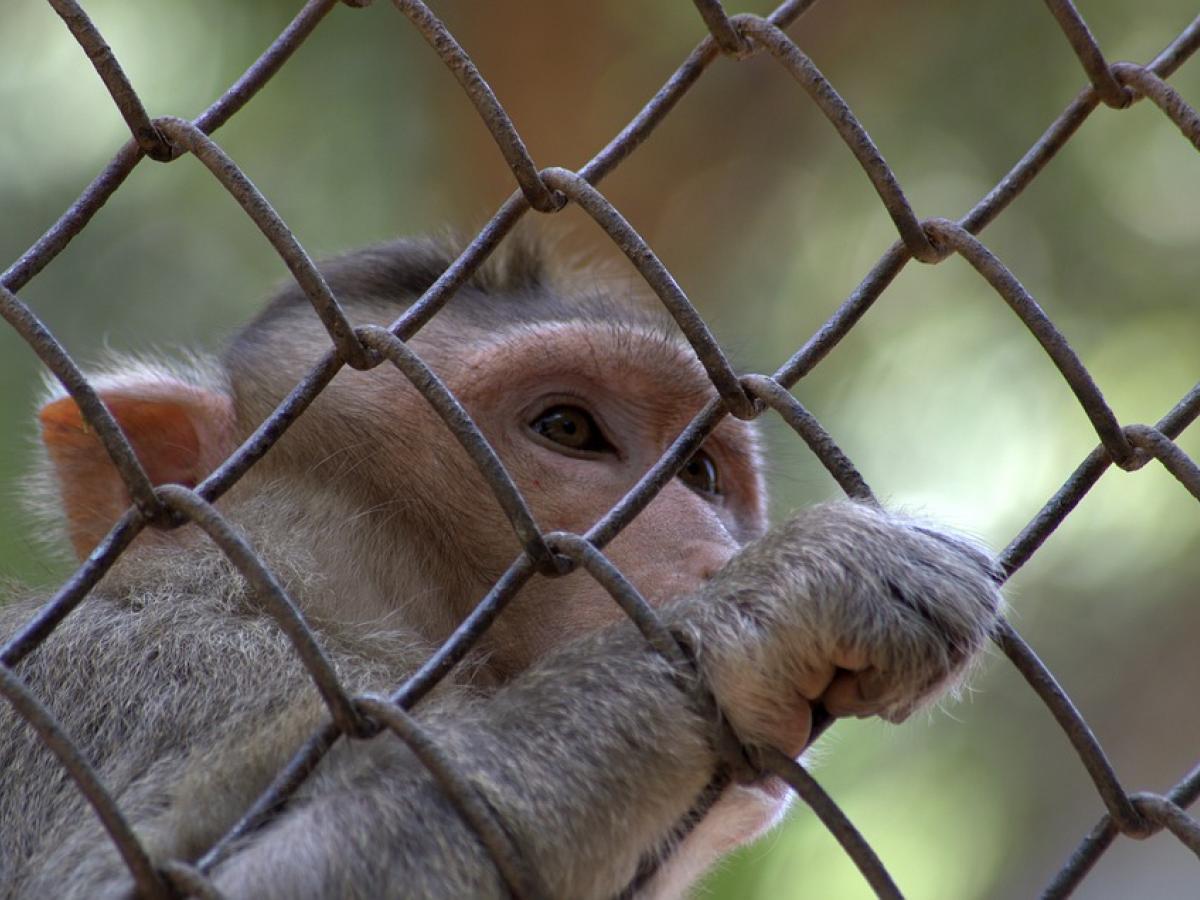
The illegal trading of macaques for research purposes could be increasing the chance of further pandemics, according to a new study by the University of Adelaide.
The research revealed discrepancies in trade numbers for the importing and exporting of macaques, a type of primate often used for scientific research due to their similarities to humans. Scientists are calling for tougher strategies to curb illegal trade.
To carry out this study, experts analysed the Convention on International Trade in Endangered Species of Wild Fauna and Flora's (CITES) Trade Database from 2000 to 2020 and found less than a third of the records about trade shipments of macaques contained both importing and exporting data.
"Of most concern were the trade discrepancies reported between 2019 and 2020, when Cambodia significantly increased its exports of macaques, while China ceased all its exports," said senior author Dr Anne-Lise Chaber from the School of Animal and Veterinary Science at the University of Adelaide.
China is traditionally one of the largest suppliers of macaques.
"The decision of China to cease exports in 2019 can't be attributed to the COVID-19 pandemic because the earliest confirmed cases occurred in December 2019. The true reason behind this needs further investigation," said Regina Warne, first author of this study.
"Cambodia's huge uptake of net exports from 10,000 macaques in 2018 to 30,000 in 2019 and 2020 needs to be looked at more closely because breeding facilities alone are unlikely to contain enough macaques for this level of growth."
"The trade discrepancies suggest potential illegal activity or improper breeding of macaques, which heightens the public health concerns."Dr Anne-Lise Chaber, School of Animal and Veterinary Science, University of Adelaide.
There were also issues with availability of trade information from the United States, which is traditionally the biggest importer of macaques.
These findings have been published in the journal, One Health, and have raised concerns about public health.
"The trade discrepancies suggest potential illegal activity or improper breeding of macaques, which heightens the public health concerns," said Dr Chaber.
"Macaque trade can increase the risk of diseases being transmitted to humans. This is enhanced due to the fact macaques are closely related to humans."
"Animals that are traded can be stressed, malnourished, and kept in unhygienic conditions with high stocking densities. These conditions are the perfect breeding ground for the transfer of infectious diseases."
The research calls for tougher law enforcement strategies both locally and globally including random screening of traded animals and audits of breeding facilities, to curb illegal trade.
Dr Chaber said it's never been more important to ensure breeding and trade in macaques is sustainable and legitimate.
It is also recommended that trade reported to CITES is monitored regularly so suspicious behaviour can be investigated.
"CITES is in place to monitor regulate the movement of vulnerable species," said Ms Warne.
"Discrepancies between import and export data should be analysed and investigated more thoroughly."






